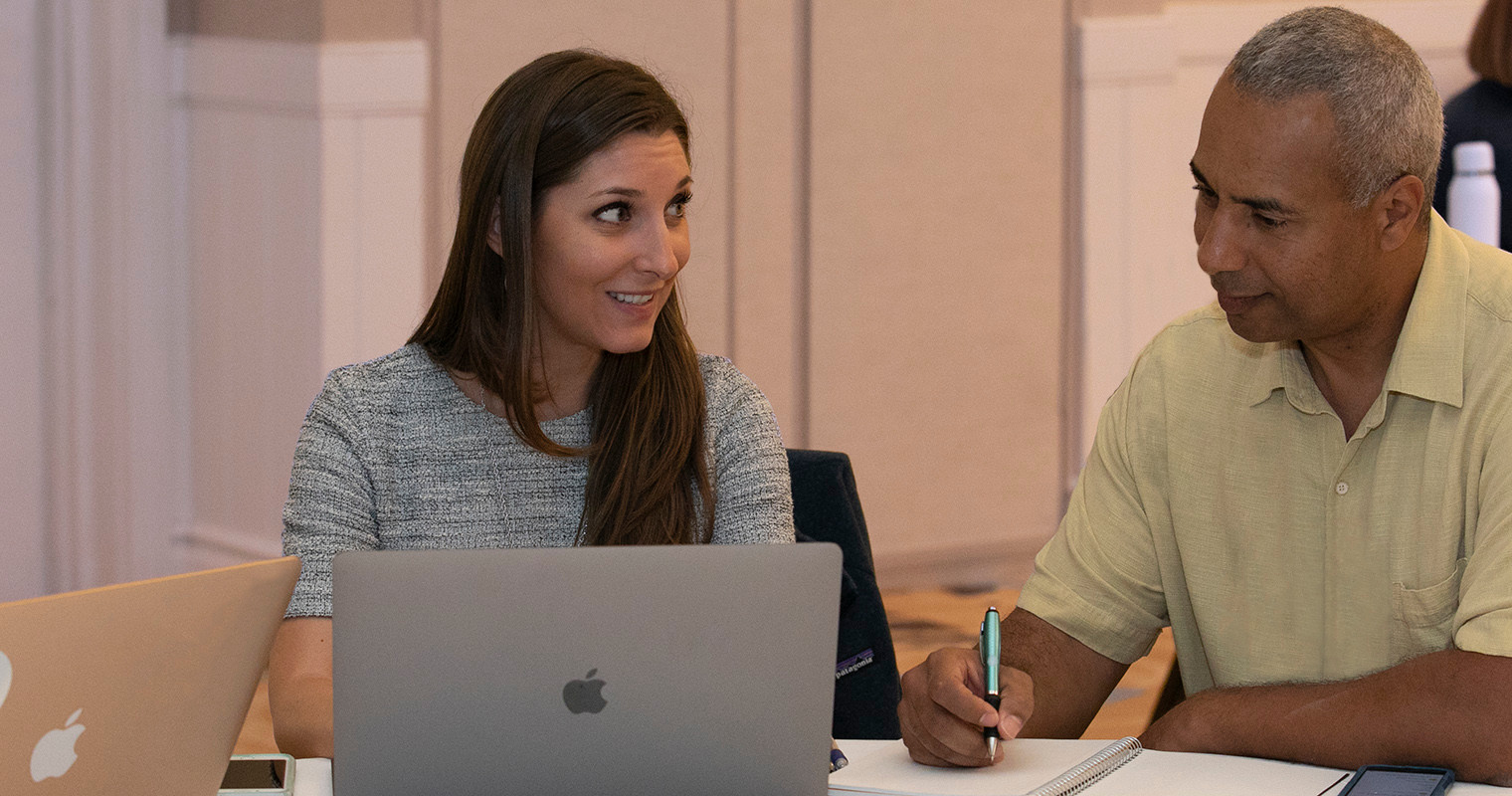
The Founder’s Paradox: How to Know What Decisions to Make and What Should Be Left for Others
We make decisions all the time. Some are small, subtle, you could even say reflexive — grab a coat in case of rain, scoop up the kids’ backpacks rather than waiting for them to do it themselves. (Getting them to make that choice would require years of coaxing.) There are of course more middling everyday choices, like what to eat for dinner. (Ad infinitum.) But what about at work, where even your subtlest decisions can impact so many?
As a founder, you make decisions that have a huge impact on the team every day — often without even really thinking deeply about what that impact may be.
You have more requests for your time than you have time for. And more projects to take on than you can ever finish. So, knowing what decisions are yours to make and which ones should be left for others is critical. To have the most meaningful impact on the business, founders must stay hyper-vigilant about what they devote their time to.
I am clear about what decisions are mine — I want to be involved in anything significant that sets our strategic focus, impacts how the team works, impacts what we deliver, and influences how we are understood by people outside of the company.
Strategy is a founder’s domain. It is the most important work I do because everything else follows. But I do not just want to be part of setting the strategic focus. I also want to discuss potential new programs — well before the work starts. Strategy is useless if it does not inform the actual work that people do. So I want to know when new programs are being suggested that do not map back to our goals and initiatives.
I also want to be involved in defining how we work — including hiring and growing people who will thrive on our team. Obviously, I do not have time or interest in micromanaging how everyday work gets done. But I do care deeply about who joins us on our adventure. I also care about statements and policies that create new guidelines or influence how people think about their work on our team. I know that subtle changes to the way a company goes about its business can allow it to drift from what first made it successful.
And I want to be involved in what we build and deliver to customers based on our vision and how we go to market. It is my job to be the guardian of the Aha! vision and how we communicate it with people outside of the company. I am referring to our efforts that influence how we are understood externally by customers, partners, and prospective team members.
These four areas — strategy, work, product, and understanding — are my acid test for what decisions require my input and what should be handled by others.
Yes, I am clear on what decisions are mine — but that does not mean that the team is always clear on what decisions are theirs.
It is your job as a founder to know, not theirs. Because of your title and role, you will naturally find that people want the founder to make lots of decisions. So you have to reject the temptation to try to have every answer. The reality is that it is simply not possible if you want to keep growing and do it sustainably.
And just because I am deeply involved in those four major areas does not mean that I make decisions in isolation. I depend on the leadership team and experts throughout the organization to arrive at the right decision when the answer is not immediately clear.
Even if you are impatient like I am, you should give yourself the space you need to make tough decisions. Consider what is most important to the health of the company. Not just the business, but the people too. Think about the advantages and disadvantages of different paths. Working on the right tasks at the right time takes confidence — that you will reach the right conclusion and that everyone else is doing their best to do the same.
Read more of The Founder’s Paradox.




